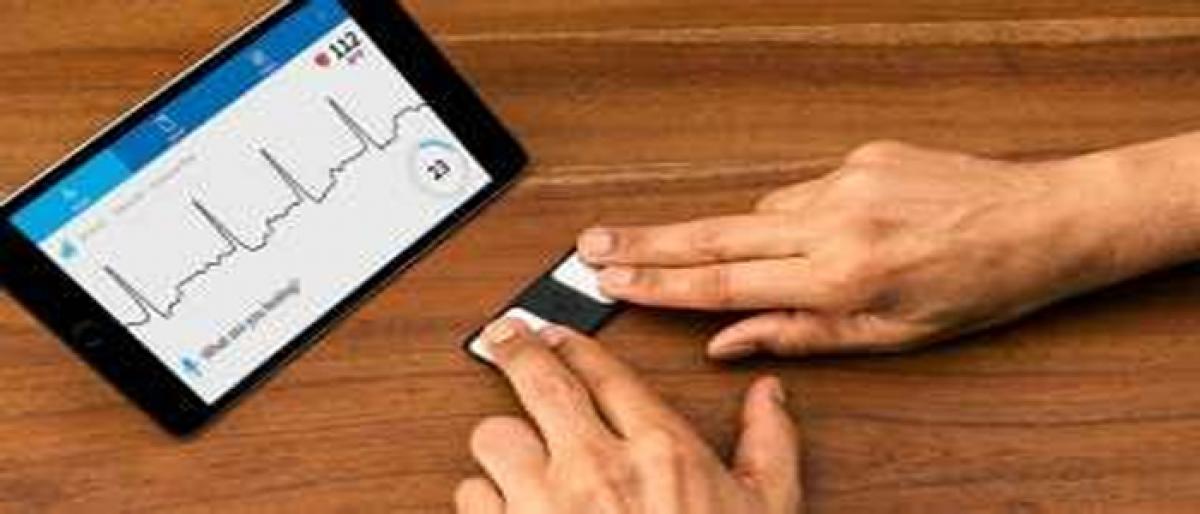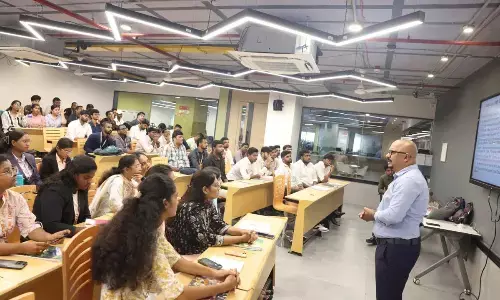This smartphone app can identify heart attacks

A novel smartphone app can help determine if you are having the most serious and deadliest form of heart attack and could turn out be a valuable tool to save lives, say researchers
New York: A novel smartphone app can help determine if you are having the most serious and deadliest form of heart attack and could turn out be a valuable tool to save lives, say researchers.
The AliveCor app, administered through a smartphone with a two-wire attachment, can monitor heart activity and determine if someone is having an ST-Elevation Myocardial Infarction (STEMI) -- a heart attack in which the artery is completely blocked. The app has nearly the same accuracy as a standard 12-lead electrocardiogram (ECG), which is used to diagnose heart attacks.
It can take ECG on the spot, send the results into the cloud where a cardiologist can review and, if a STEMI is found, tell the person so they can be rushed to the hospital. "The sooner you can get the artery open, the better the patient is going to do. We found this app may dramatically speed things up and save your life," said J. Brent Muhlestein, lead investigator from the Intermountain Medical Centre Heart Institute in Salt Lake City in the US.
The results were presented at the American Heart Association's 2018 Scientific Session in Chicago.
In the study, 204 patients with chest pain received both a standard 12-lead ECG and an ECG through the AliveCor app. It was able to effectively distinguish STEMI from non-STEMI ECGs accurately with high sensitivity compared to a traditional 12-lead ECG.
While a typical ECG has 12 leads, which improves the accuracy of a diagnosis because heart attacks happen in different parts of the heart, the AliveCor app has two wire leads that are moved around the body in order to record all 12 parts. Besides speeding up treatment after a STEMI heart attack, the app, which is low on cost, can also make ECGs accessible in places like third world countries where people have smartphones but expensive ECG machines are hard to find, the researchers noted.









